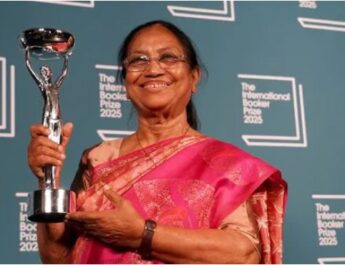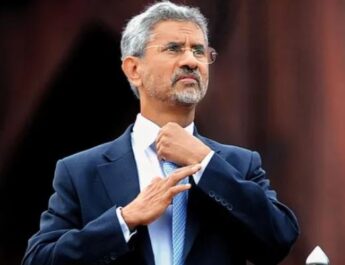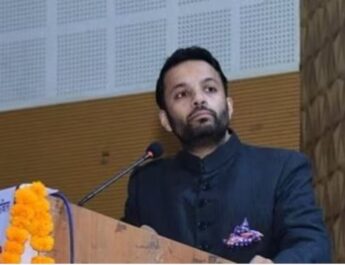Excise policy case:
Excise policy case: Delhi Chief Minister Arvind Kejriwal was taken into custody by the Enforcement Directorate (ED) on Thursday evening in connection with the ongoing Delhi liquor policy case. This incident represents the third high-profile arrest of an Aam Aadmi Party (AAP) leader associated with this case. Following the Delhi High Court’s denial of protection from arrest in the liquor policy case, he was apprehended due to non-compliance with nine earlier summonses from the ED for questioning.
But what exactly is the Delhi excise policy case, and what are the allegations against Kejriwal and other AAP members?
What is the Delhi excise policy case?
In November 2021, under Arvind Kejriwal’s leadership, the Delhi government introduced a new excise policy to modernize alcohol sales in the city. This move received mixed reviews, with some praising its progressive nature while others expressing concerns about its financial and public health implications.
Less than a year later, in July 2022, Delhi’s Chief Secretary Naresh Kumar reported policy violations to Lieutenant Governor (L-G) Vinai Kumar Saxena, who recommended a CBI probe. The report alleged over Rs 580 crore in financial losses to the exchequer.
The Enforcement Directorate (ED) claimed that the policy was intentionally crafted with loopholes to benefit AAP leaders and encourage cartel formations. Allegations included kickbacks from liquor businesses to AAP leaders for preferential treatment, like discounts, license fee waivers, and pandemic relief.
The ED alleged a scam involving assigning wholesale liquor businesses to private entities with a fixed 12% margin, with a six percent kickback. They were also accused of influencing elections in Punjab and Goa in early 2022.
CBI raids targeted then Deputy Chief Minister Manish Sisodia and three others. Sisodia and 14 individuals, including AAP communications in-charge Vijay Nair, were named in the FIR. Nair was arrested in September 2022.
In March, the ED informed a court that proceeds from the alleged excise policy scam exceeded Rs 292 crore. Recently, Bharat Rashtra Samithi (BRS) leader K Kavitha was arrested for purportedly paying Rs 100 crore to top AAP leaders to benefit from the new Delhi excise policy.
What are the accusations against CM Kejriwal?
The ED claimed that Kejriwal personally interacted with primary accused individuals, encouraging them to coordinate with others implicated in the case. Following nine summonses from October 2023 to March 2024, Kejriwal was arrested subsequent to the Delhi High Court dismissing his plea for safeguarding against arrest.
CM Kejriwal’s response to the accusations
Kejriwal contends that the ED’s actions are politically driven, orchestrated by the ruling Bharatiya Janata Party (BJP). Representing Kejriwal, senior advocate Abhishek Manu Singhvi argued in court that the summonses lacked specificity, constituting a vague fishing expedition that encroached upon Kejriwal’s fundamental rights.
Amidst unfolding events, the case remains under close scrutiny and continues to attract attention. Singhvi expressed concerns stating, “The arrest would severely violate the fundamental right to life and liberty. The March 16 summons coincided with the announcement of the general election schedule. The ED has been issuing calls since last year; could they not wait for two more months?”




